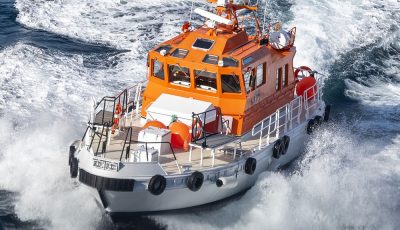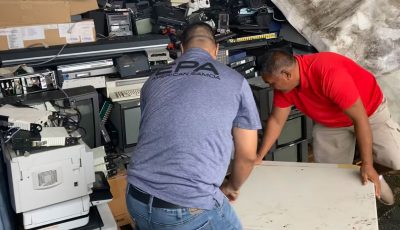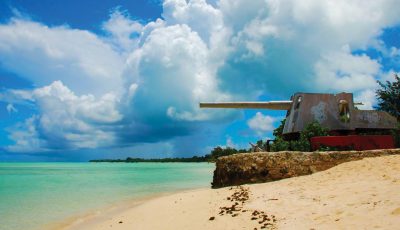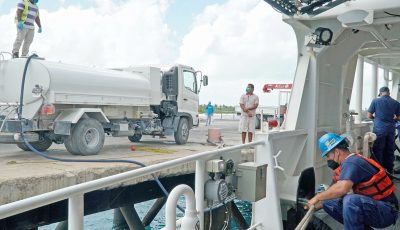Environmental management options for deep sea minerals dev’t explored
NADI, Fiji—Recognizing the importance of a consultative approach to the topic of deep sea minerals, the Secretariat of the Pacific Community, in collaboration with the European Union Deep Sea Minerals Project, recently held a regional workshop in Fiji on environmental management options for deep sea minerals development.
Representatives from 11 Pacific Island governments, civil society groups, the private sector and international environment experts participated in the weeklong workshop in Nadi.
Comprising panel discussions, working group activities, presentations by mining companies and international environment experts, the workshop was an opportune time for participants to ask experts relevant questions about the environmental issues and impacts associated with deep sea mining.
A major component of the workshop involved a review of two important regional environmental documents that will serve as guides for Pacific Island countries.
Firstly, the Regional Environment Management Framework contains an Environment Impact Assessment template developed for deep sea minerals activities, and secondly, the Regional Deep Sea Minerals Scientific Research Guideline has been written for Pacific Island countries and territories to use to develop their respective national marine science guidelines or regulations.
These documents are aimed to assist Pacific states to ensure that marine scientific research, prospecting, exploration and mining activities relating to deep sea minerals are well managed and performed in accordance with international standards and best environmental practice.
In addition to the workshop’s environment management component, civil society representatives attending the workshop held a meeting amongst themselves to discuss ways in which they can better engage in deep sea mining discussions; as well as their positions on deep sea mining and issues they wish to raise with the experts.
“There’s still more to learn about how the ocean environment may be affected by deep sea minerals exploration and mining activities, given this type of mining is yet to commence in the Pacific Islands region,” SPC Deep Sea Minerals project manager Akuila Tawake said.
“It’s important for Pacific governments to possess greater in depth knowledge of the environmental management of deep sea minerals and how to implement effective strategies that will ensure seabed resources are properly and responsibly managed,” he added.
Pacific countries represented at the regional meeting include Cook Islands, Fiji, Kiribati, Marshall Islands, Nauru, Papua New Guinea, Samoa, Solomon Islands, Tonga, Vanuatu and Palau.
This was the eighth regional workshop in the SPC-European Union Deep Sea Minerals Project series.
Deep sea minerals occurring in the Exclusive Economic Zones of many Pacific Island countries are increasingly being recognized as a future potential source of economic development. (SPC)



























